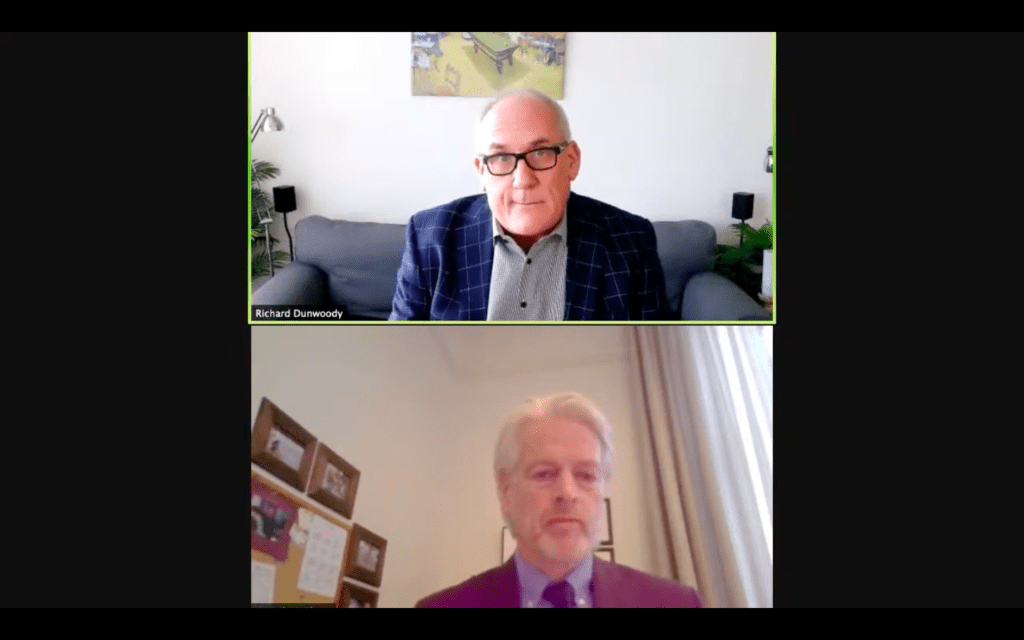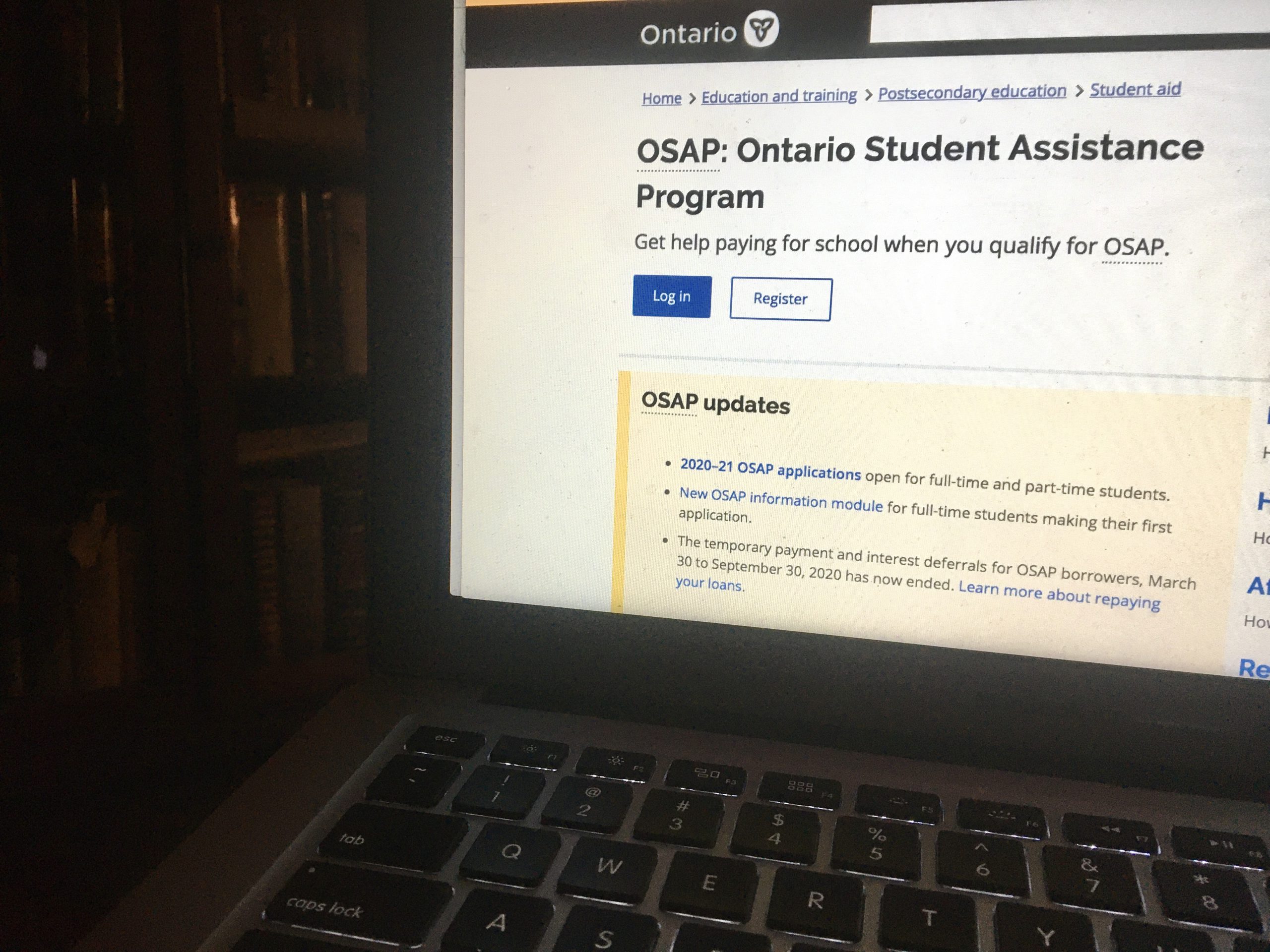During a virtual conference livestreamed on February 25, New Democratic Party (NDP) MPP Chris Glover of Spadina-Fort York called for the Ford government to forgive OSAP debts and government fines for survivors of human trafficking. The conference featured the voices of MPP Glover, Executive Director of Project Recover Richard Dunwoody, and the testimonies of two survivors of human trafficking.
“The goal of my motion is for the government to set up a system to forgive the OSAP debts of survivors of human trafficking,” says Glover.
“A lot of survivors have additional trouble once they escape their trafficker — they’re then being pursued by banks, by the government, with government fines that occurred while they were being trafficked and with OSAP,” continues Glover, speaking on why financial support for survivors is so crucial.
“A lot of them are not able to attend or return to college or university because they can’t get a loan because they’ve got this bad outstanding fraudulent OSAP debt.”
This proposed amendment would work in partnership with agencies such as Dunwoody’s Project Recover, which is a volunteer based, registered non-profit organization that offers direct support for human trafficking victims.
Dunwoody explains that Project Recover gathers all information outside of the firsthand accounts from survivors, including evidence such as transactional data, to “put together a piece of the puzzle to prove that this person was trafficked and had no control.”
“We don’t collect fees, there’s no money involved from our side,” shares Dunwoody. “What we do is we take all of the debt survivors have post exploitation, and on their behalf we gather all of the information presented to creditors and have them remove it from their credit file and stop pursuing them.”
He adds that survivors are only dealt with when accompanied by their advocate/counselor, and there is no pressure for the survivors to personally share their story with him. This process outlined by Dunwoody would play a crucial role in MPP Glover’s proposal as a way to verify each case without retraumatizing the survivor.
During the livestream, a survivor by the name of Summer recounted the financial abuse their trafficker inflicted upon them, saying, “The power that my trafficker held over me existed because he held my life and my finances under his complete and utter control. He didn’t care about my financial future or my credit-rating or how it would impact me when he forced me to incur various fees.”

Glover explains that often in trafficking situations, the trafficker will take out credit cards or student loans in the name of the survivor, racking up fraudulent debt. He makes it clear that in situations of trafficking, sexual/physical abuse and financial abuse go hand in hand.
Summer continued on to say that constant debt collection from the government acts as a revictimization of survivors.
“As a society,” explains Glover, “we’re retraumatizing the survivors by having collection agencies hound them for debts that were incurred fraudulently while they were trafficked. We really need to set up a system to provide them with the support they need to heal and get on with their lives- and returning to school is often part of getting on with their lives.”
Dunwoody explains that when it comes to debt collection phone calls, oftentimes the survivors would have to explain their situation to multiple representatives, constantly being subjected to revictimization. However, he assures that a majority of the time, once he calls a collection agency and explains that a person has been trafficked, the agency will stop calling immediately.
“The biggest supporters I have in this whole process is collection agencies,” he says.
Over the past few months, Ontario has announced an increase of support for human trafficking services and advocation, as well as the recent Bill 251, The Combatting Human Trafficking Act. But even with these initiatives there is an apparent lack of direct support for survivors from the Ontario government.
“The focus of Bill 251 is primarily on enforcement — and it’s necessary. We need to make sure that the trafficking stops. But where the Bill falls short is in support for the survivors, so they can heal and get on with their lives,” Glover says.
“We need to make sure we move any barriers to make that as easy as possible, and these government fines and OSAP debts are one of the barriers that’s completely in the government’s power to relieve,” he adds.
With files from Mahdis Habibinia


